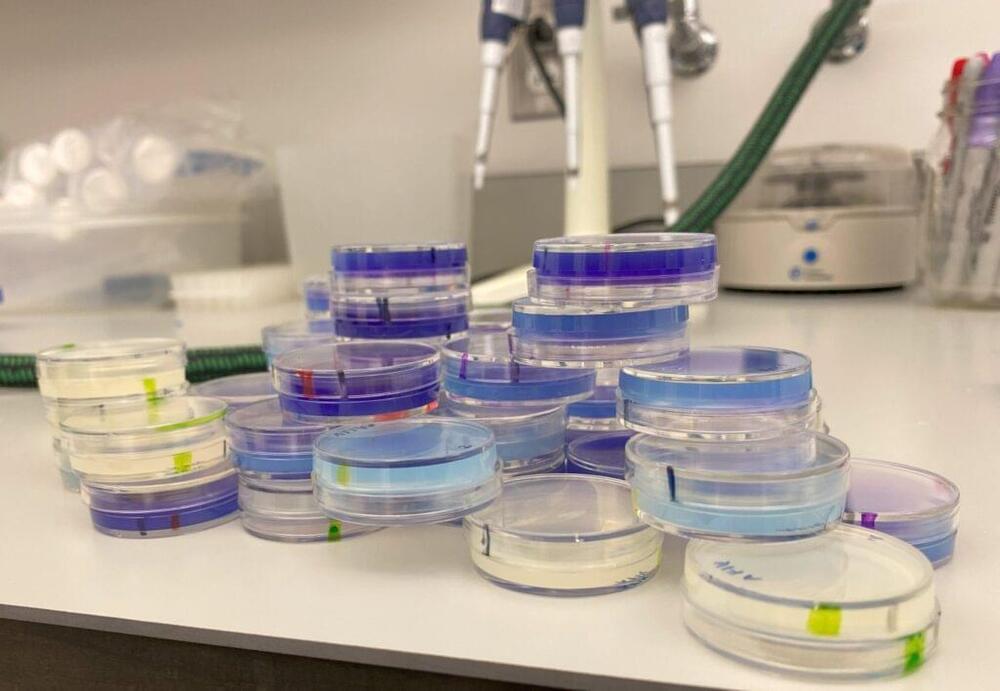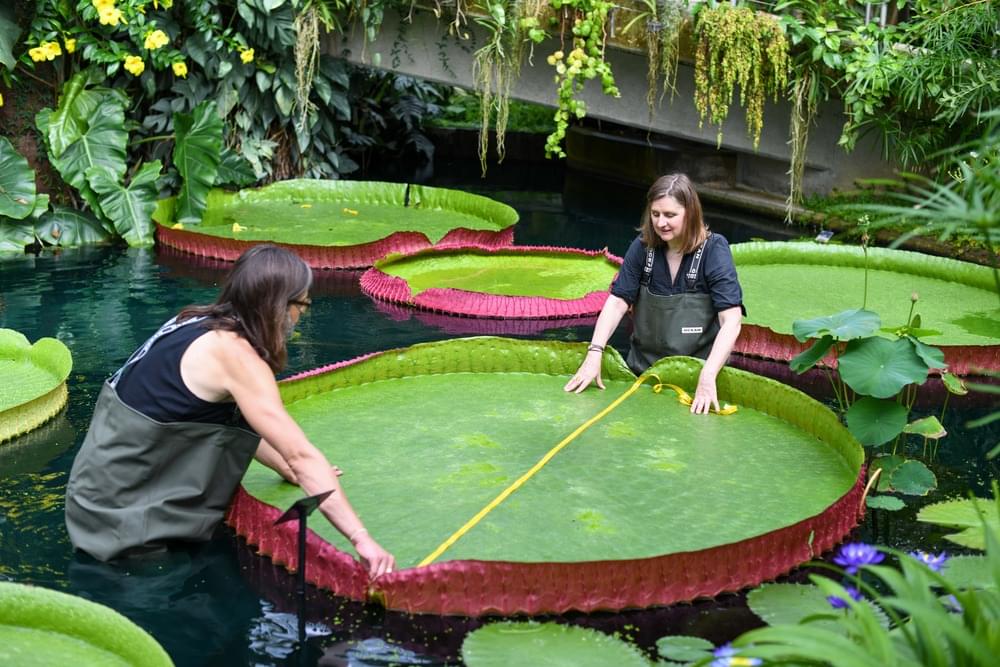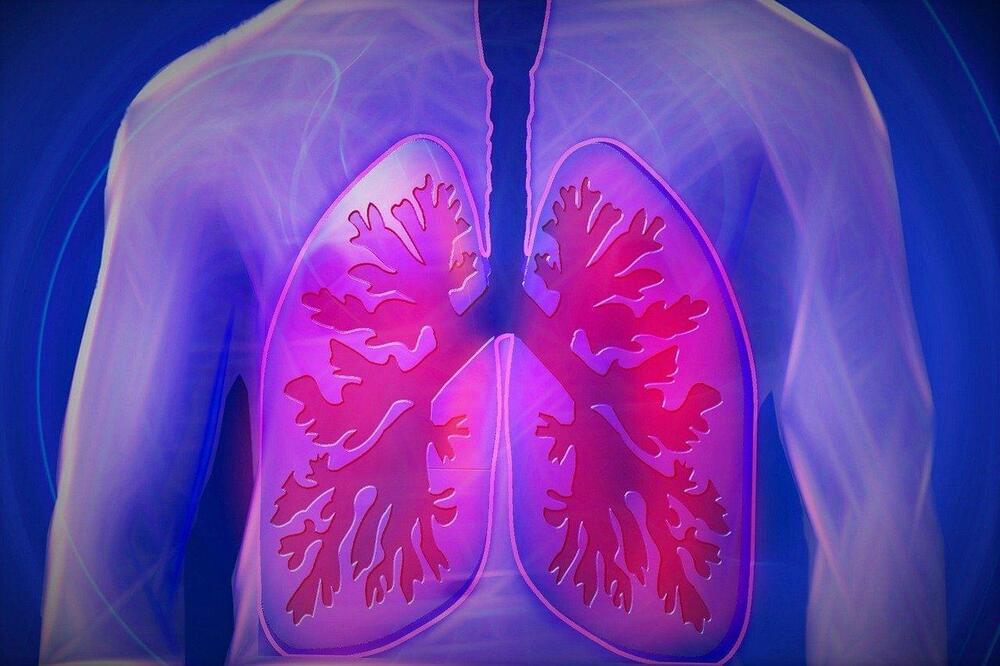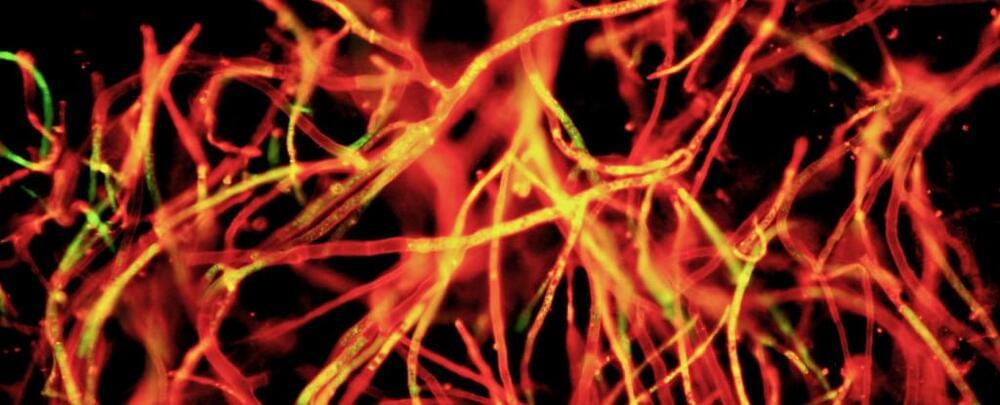Archive for the ‘futurism’ category: Page 45
Jul 17, 2023
Intentions Matter: How Source Intent Influences Perceptions of Truth
Posted by Arthur Brown in category: futurism
Summary: Psychologists revealed people’s judgments of truthfulness are influenced by what they perceive as the information source’s intentions.
They found that even when individuals knew the factual accuracy of a claim, their judgment of its truth was affected by whether they thought the source was trying to deceive or inform them. This tendency held true for both politicized and non-politicized topics.
This research uncovers a new facet of truth perception, showing that objective accuracy is not the only criterion considered.
Jul 17, 2023
China completes core module of world’s first commercial onshore small modular reactor
Posted by Gemechu Taye in categories: futurism, nuclear energy
The project is expected to be completed by 2026 and could help meet multiple energy demands.
China has completed a significant step toward establishing the world’s first commercial onshore small modular reactor. It has finished the installation of the core module of the reactor that it began building in 2021, the South China Morning Post.
With a power generation capacity of not more than 300 MW, small modular reactors (SMR) are believed to be the future of nuclear fission reactors. The advanced nuclear reactor design allows the power plant to be scaled down and established in remote locations that cannot be connected to the grid.
Jul 17, 2023
Human-aware AI helps accelerate scientific discoveries, new research shows
Posted by Jose Ruben Rodriguez Fuentes in categories: futurism, robotics/AI
A new study explores how artificial intelligence can not only better predict new scientific discoveries but can also usefully expand them. The researchers, who published their work in Nature Human Behaviour, built models that could predict human inferences and the scientists who will make them.
The authors also built models that avoided human inference to generate scientifically promising “alien” hypotheses that would not likely be considered until the distant future, if at all. They argue that the two demonstrations—the first allowing for the acceleration of human discovery, while the second identifies and passes over its blind spots—means that a human-aware AI would allow for movement beyond the contemporary scientific frontier.
“If you build in awareness to what people are doing, you can improve prediction and leapfrog them to accelerate science,” says co-author James A. Evans, the Max Palevsky Professor in the Department of Sociology and director of the Knowledge Lab. “But you can also figure out what people can’t currently do, or won’t be able to do for decades or more into the future. You can augment them by providing them that kind of complementary intelligence.”
Jul 17, 2023
New Species of Giant Waterlily Is the Largest in the World
Posted by Quinn Sena in category: futurism
Jul 17, 2023
Scientists Have Discovered a New Part of The Body Hiding in The Lungs
Posted by Shubham Ghosh Roy in category: futurism
The study says that the respiratory airway secretory (RAS) cells are found in tiny branching passages known as bronchioles.
Jul 17, 2023
Flu and the common cold: Why do we cough?
Posted by Shubham Ghosh Roy in category: futurism
Whether dry or chesty, coughing fits are customary when flu or the common cold is involved. But what causes us to cough? We investigate.
Jul 17, 2023
Futurist speaker works closely with his Board of Visionaries
Posted by Kelvin Dafiaghor in categories: business, futurism
Jul 16, 2023
Long-Lived Fungi Have Evolved a Way to Cheat Death For Centuries
Posted by Jose Ruben Rodriguez Fuentes in category: futurism
Long-lived fungi are the latest organisms to go under the microscope in search of new understandings as to why they don’t accrue life-limiting mutations, given their age.
Researchers at Wageningen University in the Netherlands set out to compare “the peculiarities” of multicellular growth in filamentous fungi. What they ended up with was a new hypothesis explaining how certain types of fungi keep a lid on freeloading mutations that accumulate in their thread-like mycelia; the root-like structures of fungal colonies.
The filaments of mushroom-forming fungi spend much of their long lives with two, separate nuclei, each containing one-half of a full set of chromosomes. Only in the gills of mushrooms moments before forming spores do the two haploid nuclei mesh together in a brief union to reproduce asexually.


















